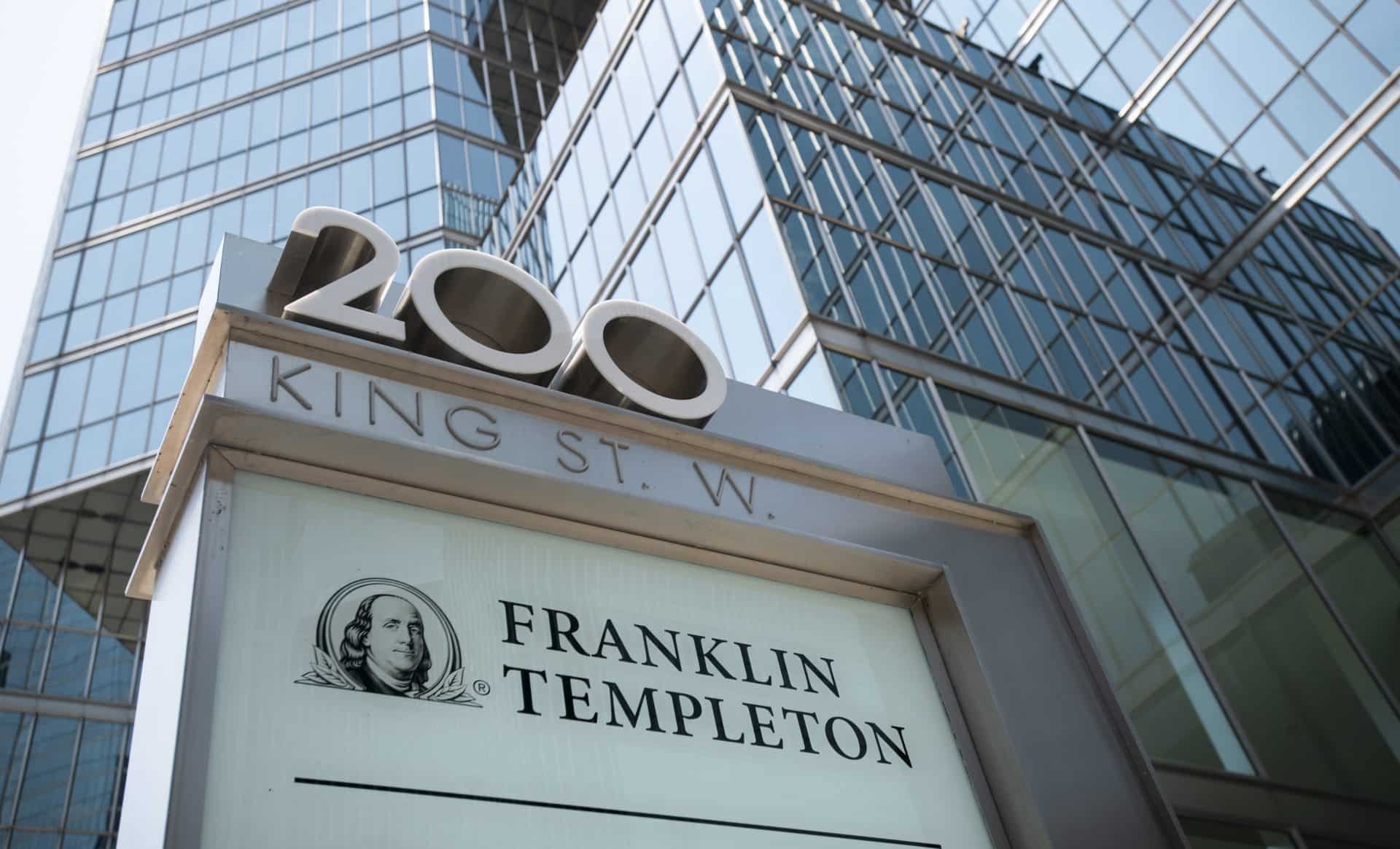Franklin Templeton Tracks Key Innovations in Bitcoin and Ethereum
25.07.2024 21:00 1 min. read Alexander Stefanov
Franklin Templeton is closely tracking several emerging areas within the Bitcoin ecosystem.
The investment firm is particularly interested in advancements following the approval of Bitcoin ETFs earlier this year.
They are focusing on Bitcoin’s layer-2 solutions, which aim to enhance scalability and transaction speed; yield strategies, which could impact how Bitcoin generates returns; ordinals, which allow users to attach digital data like images to individual units of Bitcoin, effectively creating NFTs on the network; and the OP_CAT proposal, a feature that could simplify transactions and enable more complex smart contracts by expanding Bitcoin’s scripting capabilities.
In addition, Franklin Templeton is keeping a close watch on developments within the Ethereum network.
They are excited about innovations such as parallel execution, which promises to improve transaction processing efficiency, and new yield mechanisms that could optimize returns.
The firm is also interested in alternative data availability solutions designed to ensure that blockchain data remains accessible and reliable, and “blobs,” which are dedicated data storage spaces intended to lower transaction fees.
These initiatives reflect the firm’s broader strategy of investing in blockchain technologies that could significantly impact the future of digital finance.
-
1
Elon Musk Unveils His Own ‘America Party,’ Signals Pro-Bitcoin Political Shift
07.07.2025 11:40 2 min. read -
2
Bitcoin Blasts Past $121,000 as Institutions Fuel Rally—Will Altcoins Follow?
14.07.2025 8:15 2 min. read -
3
Bitcoin: What to Expect After Hitting a New All-time High
10.07.2025 14:00 2 min. read -
4
Peter Brandt Issues Cautious Bitcoin Warning Despite Bullish Positioning
10.07.2025 20:00 2 min. read -
5
Vanguard Now Owns 8% of Michael Saylor’s Strategy, Despite Calling BTC ‘Worthless’
15.07.2025 17:09 2 min. read
Global Money Flow Rising: Bitcoin Price Mirrors Every Move
Bitcoin is once again mirroring global liquidity trends—and that could have major implications in the days ahead.
What is The Market Mood Right Now? A Look at Crypto Sentiment And Signals
The crypto market is showing signs of cautious optimism. While prices remain elevated, sentiment indicators and trading activity suggest investors are stepping back to reassess risks rather than diving in further.
What Price Bitcoin Could Reach If ETF Demand Grows, According to Citi
Citigroup analysts say the key to Bitcoin’s future isn’t mining cycles or halving math—it’s ETF inflows.
Is Bitcoin’s Summer Slowdown a Buying Opportunity?
Bitcoin may be entering a typical summer correction phase, according to a July 25 report by crypto financial services firm Matrixport.
-
1
Elon Musk Unveils His Own ‘America Party,’ Signals Pro-Bitcoin Political Shift
07.07.2025 11:40 2 min. read -
2
Bitcoin Blasts Past $121,000 as Institutions Fuel Rally—Will Altcoins Follow?
14.07.2025 8:15 2 min. read -
3
Bitcoin: What to Expect After Hitting a New All-time High
10.07.2025 14:00 2 min. read -
4
Peter Brandt Issues Cautious Bitcoin Warning Despite Bullish Positioning
10.07.2025 20:00 2 min. read -
5
Vanguard Now Owns 8% of Michael Saylor’s Strategy, Despite Calling BTC ‘Worthless’
15.07.2025 17:09 2 min. read


